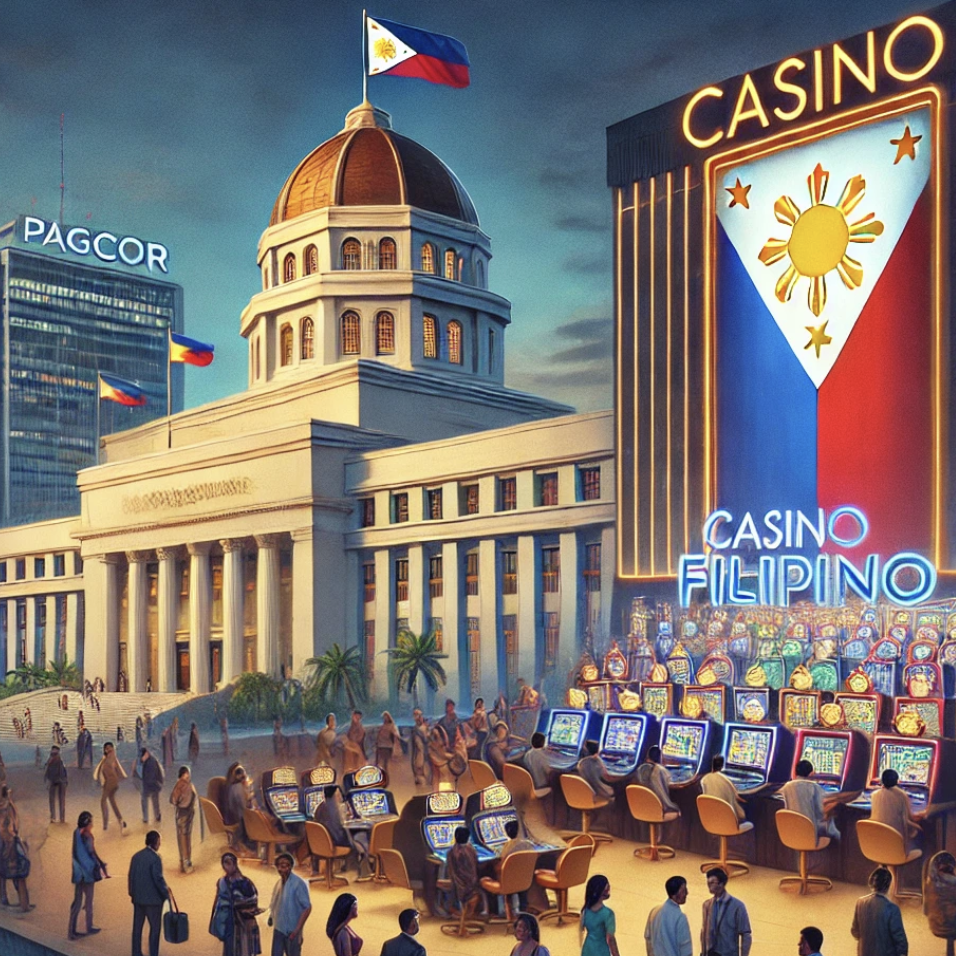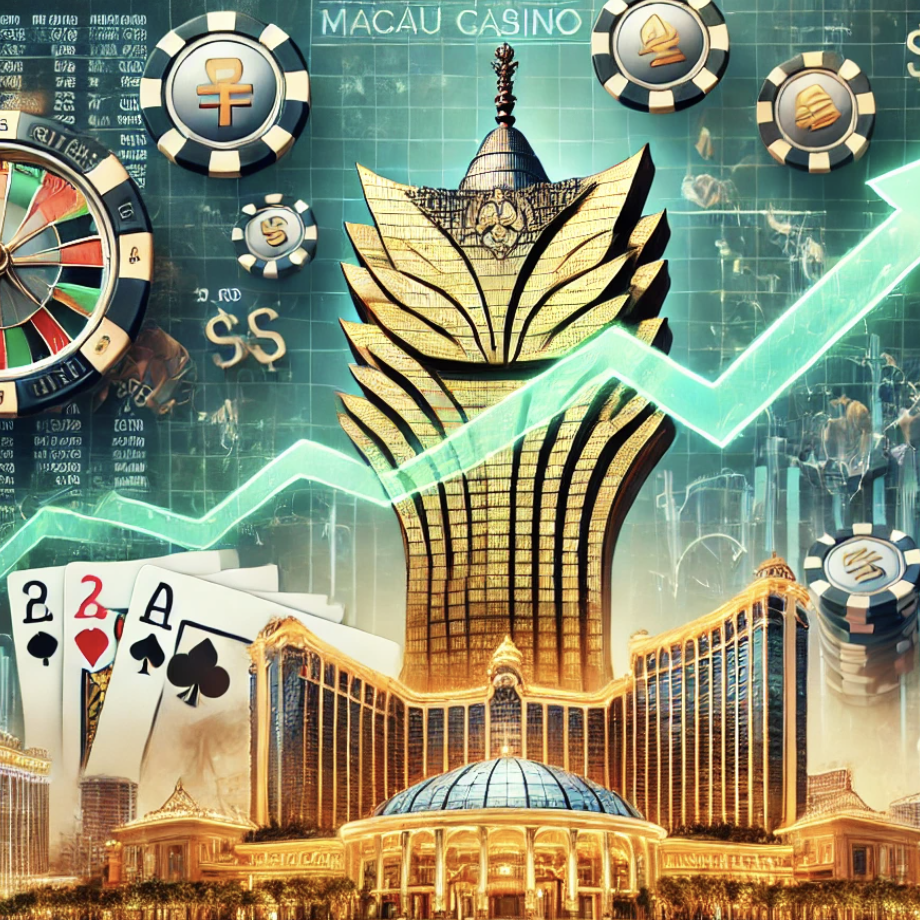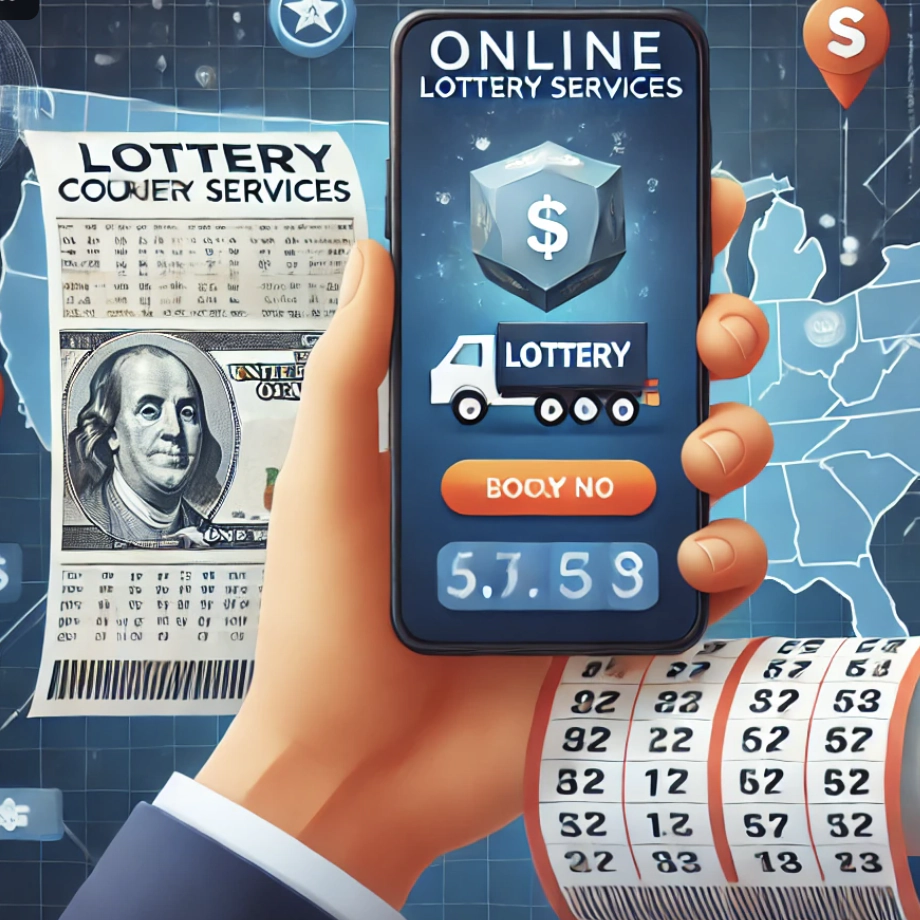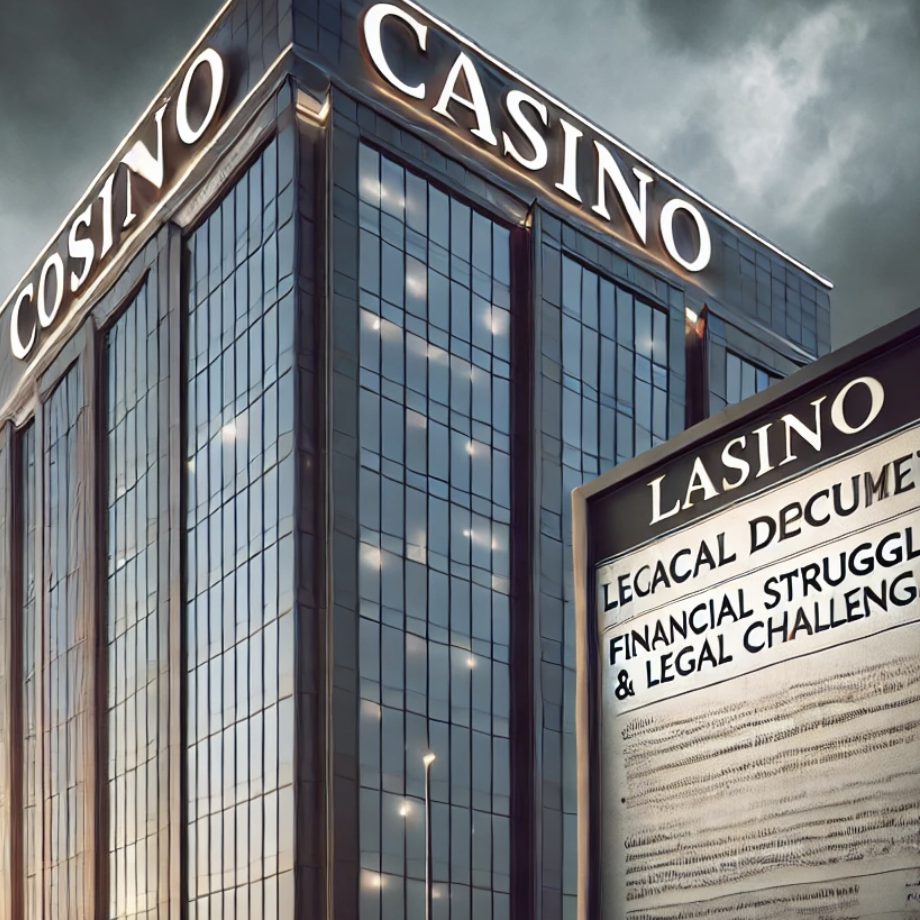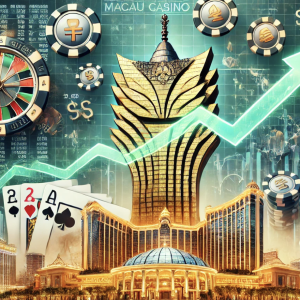The Controversial Dual Role of PAGCOR in the Organisation
The former President of the Philippines, Rodrigo Duterte, has reneged on his promise to sell over PAGCOR’s casinos, citing the fact that their activities generated an excessively significant tax advantage, particularly in the wake of the COVID-19 outbreak. Since then, President Ferdinand “Bongbong” Marcos, who succeeded Duterte as president, has continued the objective of the central government to sell the casino business.
The Influence of Government Control on the Operations of Casinos to Consider
Deficiency in Liquidation
Alejandro Tengco, the Chairman of PAGCOR, said earlier this year that the organisation will begin the process of selling its nine casinos and 33 satellite locations prior to the conclusion of the first quarter of 2019. Tengco has refuted that remark and disclosed that the selloff would not even begin until some time in the year 2026. This information was disclosed this week. The Philippine Amusement and Gaming Corporation (PAGCOR) is now making investments to modernise its Casino Filipino locations, many of which are out of date and need repairs. The company Tengco is of the opinion that such an expenditure will make the venues more appealing to potential purchasers, which would ultimately lead to more sales.
Investment in the Modernisation of the Organisation and Future Plans
PAGCOR’s chief executive officer made these remarks on Tuesday, during his keynote address at Inside Asian Gaming’s Academy Summit held at the Hilton Manila. “As we prepare for the planned privatisation of PAGCOR casinos, we intend to increase their value by modernising our gaming facilities and equipment in order to make them more appealing to potential investors,” he said. Tengco provided information that PAGCOR has placed an order for 3,341 new slot machines to be put at Casino Filipino’s finest facilities. These slot machines are often found in integrated resort casinos in Manila’s Entertainment City, which are generally valued at multiple billions of dollars. Within the next week, it is anticipated that the first shipment of 1,968 terminals will be delivered.
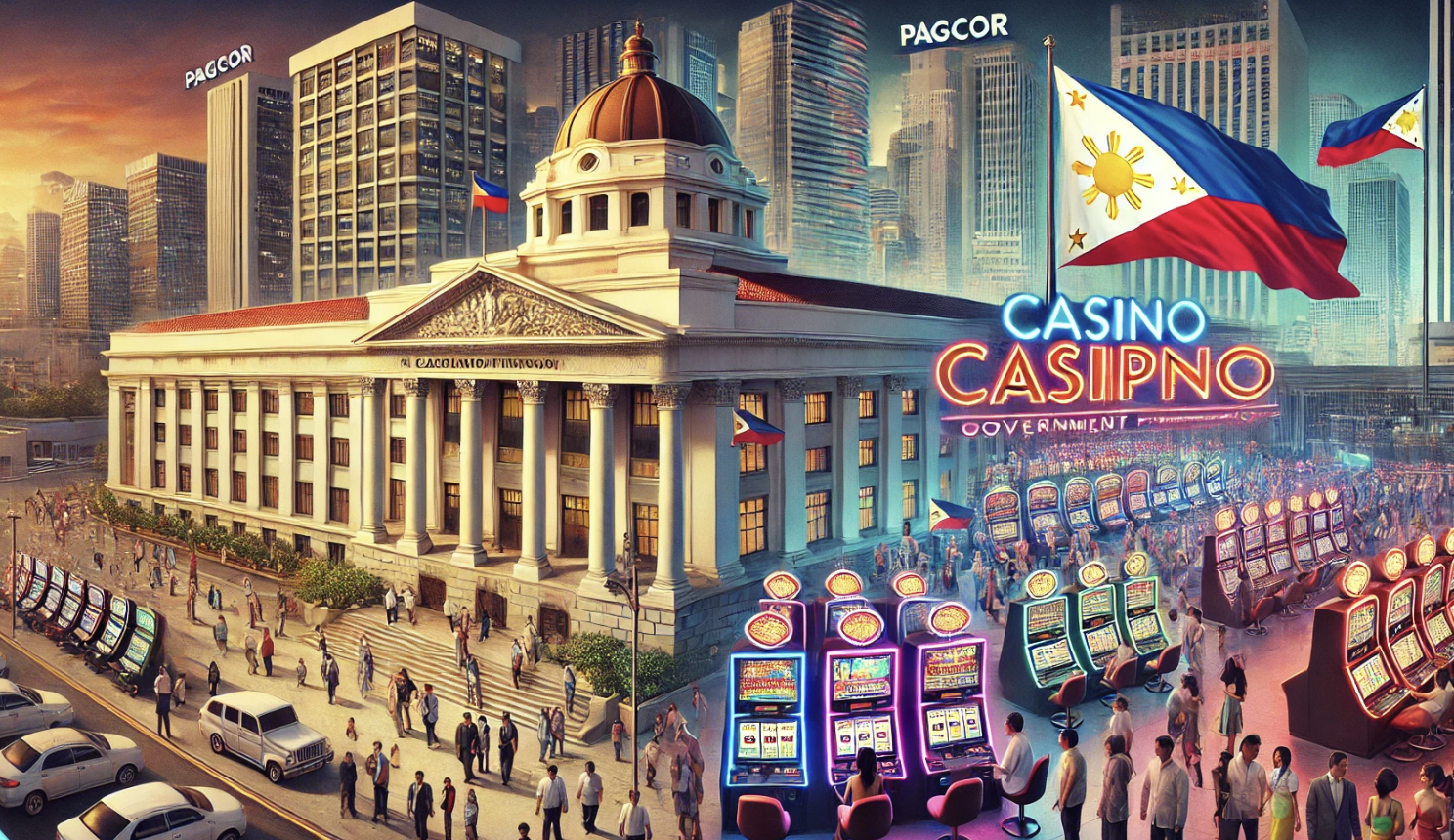
Concerns Regarding Employment and Important Strategic Plans
A further statement made by Tengco said that PAGCOR would stipulate that purchasers of Casino Filipino facilities will be expected to keep a minimum of fifty percent of the venue’s workers for a certain amount of time. The duration of employment will determine the amount of severance packages that must be provided to employees who are terminated from their positions.
PAGCOR Casino’s Financial Performance and Commercial Achievements
Even when compared to the integrated resorts in Manila, PAGCOR’s gaming operations are little to write home about. During the second quarter, Casino Filipino sites produced gross gaming revenue of around PHP8.29 billion, which is equivalent to approximately $147.5 million in dollar terms. In the same time period, from April to June, the City of Dreams, Solaire, Okada, and Newport World Resorts in Manila generated gross gross revenue of PHP40.3 billion, which is equivalent to $717.1 million in US currency.
The growing impact of commercial casinos on the gambling industry
In the order of their winnings, commercial casinos in Fiesta, Clark, and Greenfield were awarded $6.4 million, $119.5 million, and $37.5 million correspondingly. In recent years, the three freeport zones have seen a spike in gaming activity. The increase may be attributed to China’s crackdown on money going through Macau as well as the decision made by the casino enclave to remove junket organisations from the market. Gaming magnates from the Philippines are optimistic about the sector as a result of the flood of high rollers from China. The parent firms of Newport World Resorts, Travellers International Hotel Group and Alliance Global, have announced this week that they want to develop casino resorts in the islands of Boracay and Cebu.
Conclusions: Prospects for the Future and Changes in Regulatory Policies
The government and PAGCOR are putting themselves in a position to sell and privatise the state-owned casinos, which means that the sector is on the verge of seeing huge upheavals. The investments in modernising the facilities and the possible entry of private ownership might transform the landscape of gambling in the Philippines, spurring growth and perhaps increasing competition in the area. This would be a positive development for the entertainment industry. These innovations hold the promise of an exciting future for the sector, with the possibility of gains for the economy as well as obstacles in achieving a balance between the dynamism of the market and the regulatory environment.

